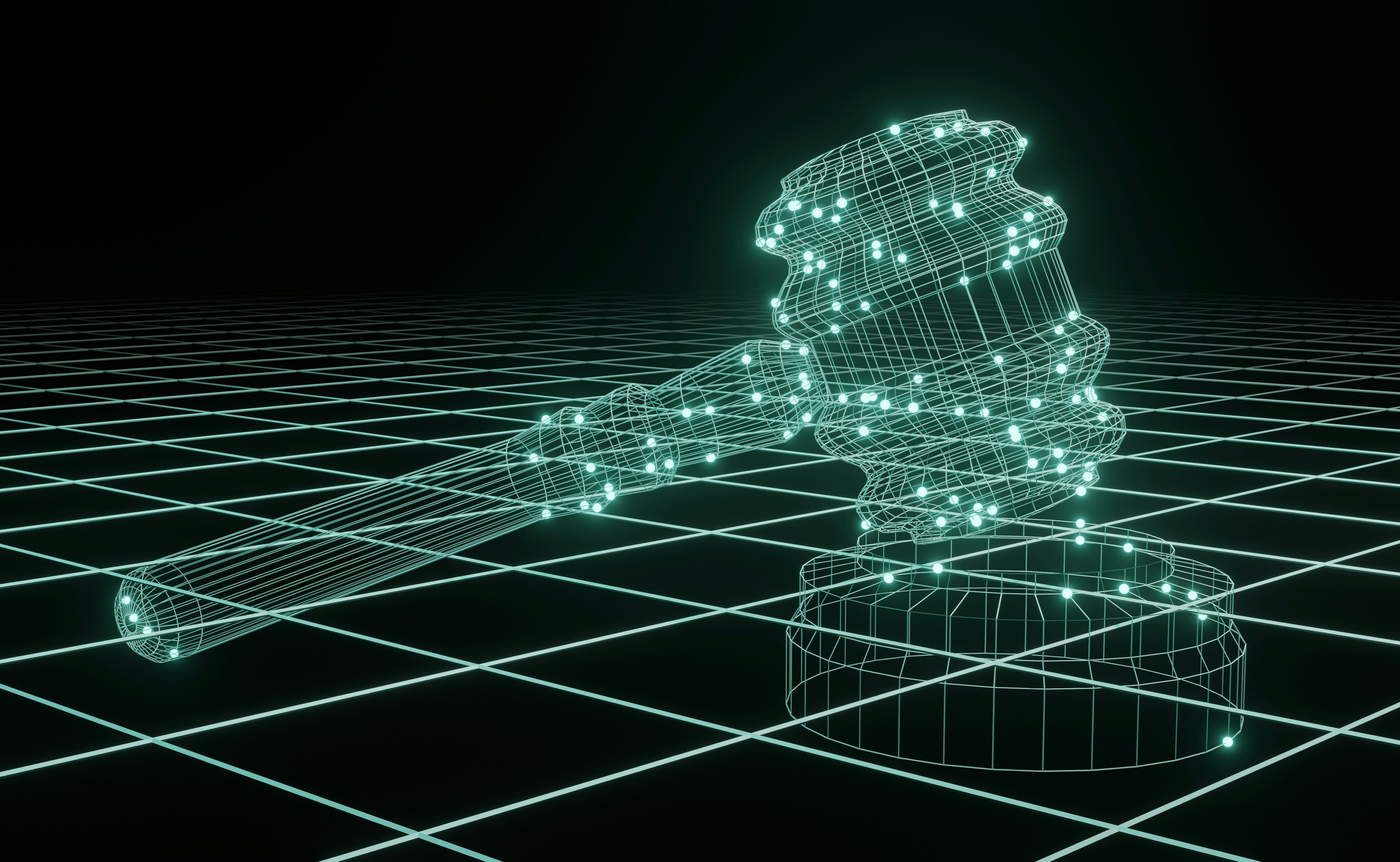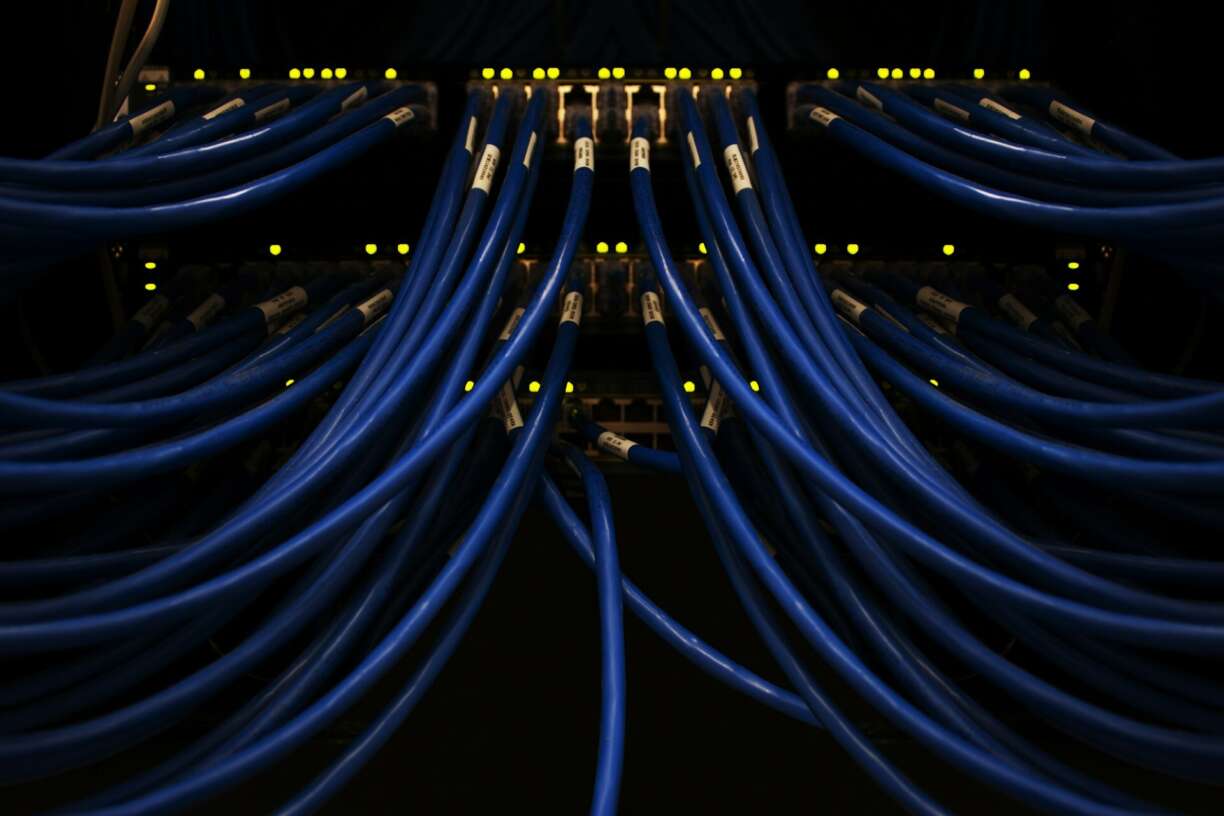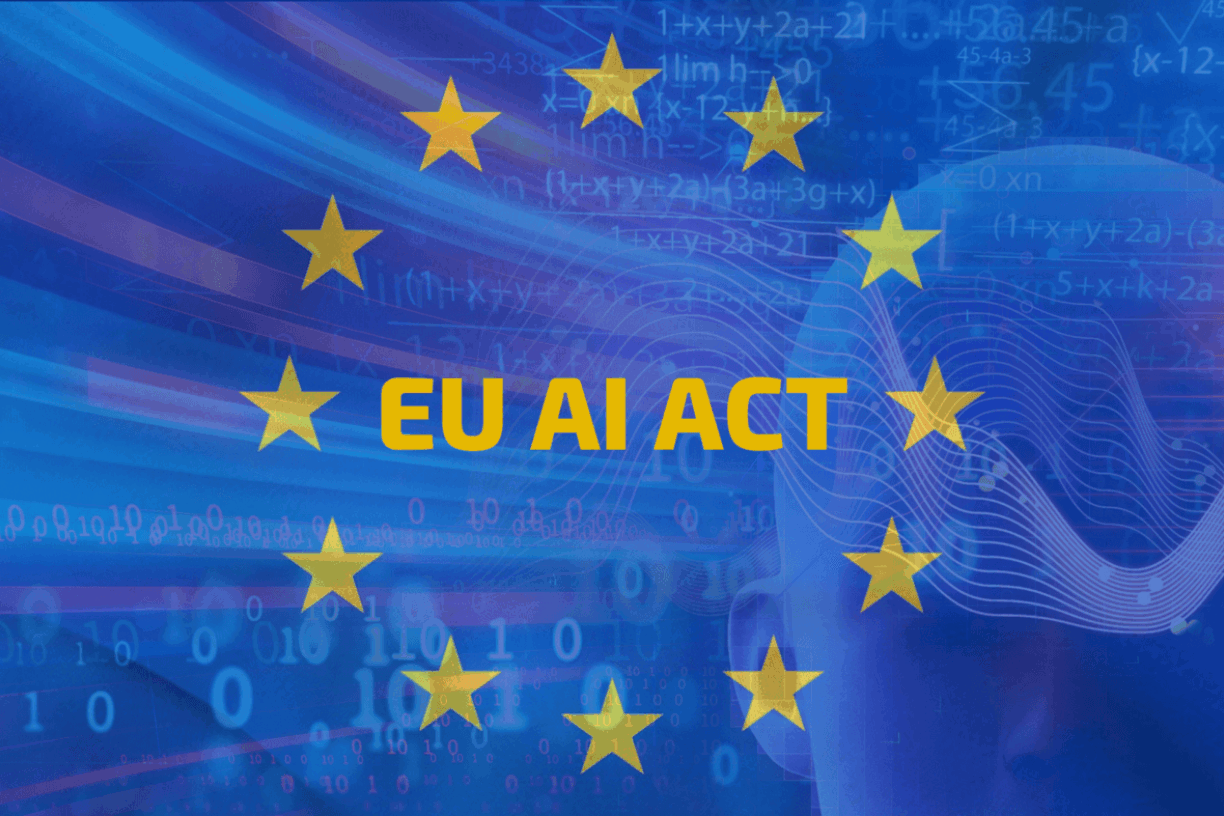November 21, 2023
Artificial Intelligence and the Judiciary: Implications of the European AI Act and the Need for a Compass for the Application and Assessment of AI Systems

With developments such as ChatGPT and the upcoming AI Act of the European Union, the Judiciary can no longer escape a broad discussion about the handling of artificial intelligence (AI). This discussion should primarily extend beyond potential opportunities and risks. Recognizing that virtually every judge will be confronted with the deployment of AI in the coming years, in their new article AlgoSoc PI Corien Prins and Bert Jan van Ettekoven discuss a number of issues that arise in the assessment of this technology, including the implications of the AI Act in the use of AI by the Judiciary.
In just one year, artificial intelligence (AI) has firmly and widely established its presence in our society. While the technology has long been a part of various digital applications, systems like ChatGPT now make it evident to almost everyone that these technologies offer opportunities. However, one must not ignore the risks and potential disruptive capabilities. The Dutch government is reportedly set to release a vision document on generative AI early next year. Simultaneously, discussions on the prerequisites for AI application are taking place across various sectors, including the judiciary.
The impact of recent technological developments is compounded by numerous initiatives aiming for further regulation of AI, notably the forthcoming AI Act. In their article, Prins and Van Ettekoven highlight the recently presented Digitalization Strategy of the Judiciary, emphasizing the dominance of the trend and societal debate, necessitating the judiciary's engagement. Amidst this, they highlight the work of the European Commission for the Efficiency of Justice (CEPEJ), in particular the establishment of the 'European Ethical Charter on the Use of Artificial Intelligence in Judicial Systems and their environment' (from 2018). This Charter serves as a framework for legislators, policymakers, legal professionals, and courts, focusing on enhancing efficiency and quality of justice through AI while respecting individual rights. It outlines principles such as respect for fundamental rights, non-discrimination, quality and safety, transparency, impartiality, fairness, and user control.
“Specifically with regard to the judiciary, the work of the European Commission for the Efficiency of Justice of the Council of Europe is worth mentioning” — Corien Prins and Bert Jan van Ettekoven
Considering various ongoing initiatives, Prins and Van Ettekoven aim to synthesize these principles for the judiciary and provide a framework for categorizing AI applications within the judiciary, considering the typologies in the AI Act. The goal is to develop a compass for navigating the use and assessment of AI, both internally and when evaluating AI systems used by other parties in legal proceedings.
In their conclusion, Prins and Van Ettekoven observe that legal professionals often approach discussions on innovation by highlighting potential problems and insisting on guarantees of 100% safety, security, and reliability before embracing new technologies. The Dutch Judiciary, as reflected in input to the Consultative Council of European Judges, is notably hesitant to automate proceedings. While a critical stance towards innovations like AI is justified, it should not lead to conservatism or a lack of awareness regarding technological developments, so Prins and Van Ettekoven claim. The increasing use of AI by litigants is reshaping adjudication, emphasizing the inevitability of AI innovation.
“Meanwhile, the Judiciary is in the process of establishing a national AI think tank, and it is the ambition to develop an AI vision” — Corien Prins and Bert Jan van Ettekoven
Recognizing the broader implications beyond technology, the authors state that the Judiciary needs to invest in data management for judicial data accessibility, usability, interchangeability, and reliability. According to them, urgency arises for establishing clear frameworks, or a compass, to assess AI use by litigants, internal experiments, and actual AI deployment within the Judiciary. A rapid categorization of potential AI applications is necessary for clarity on experimentation conditions and successful AI system implementation. By now, the Judiciary is forming a national AI think tank and aims to develop a comprehensive AI vision, necessitating clear frameworks and practical guidance for judges, courts, and the judicial organization.
Access the full article (in Dutch only).
More results /
 Je medisch dossier inladen in nieuwe functie ChatGPT? Denk 10.000 keer na
Je medisch dossier inladen in nieuwe functie ChatGPT? Denk 10.000 keer na
By Natali Helberger • January 19, 2026
By Roel Dobbe • November 24, 2025
By Roel Dobbe • November 12, 2025
 Combatting financial crime with AI at the crossroads of the revised EU AML/CFT regime and the AI Act
Combatting financial crime with AI at the crossroads of the revised EU AML/CFT regime and the AI Act
By Magdalena Brewczyńska • January 16, 2026
By Sabrina Kutscher • July 02, 2025
By Natali Helberger • March 06, 2025
By Maurits Kaptein • June 06, 2025
By Leonie Westerbeek • November 22, 2024
 Clouded Judgments: Problematizing Cloud Infrastructures for News Media Companies
Clouded Judgments: Problematizing Cloud Infrastructures for News Media Companies
By Agustin Ferrari Braun • January 29, 2026
By Fabio Votta • November 05, 2025
By Ernesto de León • Fabio Votta • Theo Araujo • Claes de Vreese • October 28, 2025





